Too many instances remain of passengers not receiving the help they had booked, according to the Office of Rail and Road’s annual report on assisted rail travel.
Despite progress in some areas, satisfaction in assisted travel remains unchanged, with 94% of passengers satisfied with the assistance they received.
ORR did highlight that 11% of the 8,700 people who participated in the survey had not received any assistance at all when requested, compared with 12% in 2023-24.
The ORR report also revealed a 9% increase in lifts failures in the past year, and a huge 42% increase in the number of faults across the rail network that had put lifts out of service for more than a week, with 396 incidents reported.
Entrapments in lifts were also on the increase, with an 18% increase across the most recent reporting period (2024-25).
RAIL understands that in response to the poor figures, Network Rail has shared an improvement plan with ORR, to tackle the lift failures.
Network Rail outsources its lift and escalator maintenance to Stannah. The contract was renewed in December 2024 and is due to run for the next five years.
NR told RAIL that strict targets for response times and reliability were in place. It acknowledged that there had been issues over the past year which had led to a spike in faults reported across the network, but blamed this on an increase in independent inspections being carried out.
A Network Rail spokesperson said: “In December of last year, we overhauled the contracts for the maintenance and inspection of lifts on the rail network, allowing them to be managed separately and thereby establishing a clear line of independence between inspection and maintenance.
This has given us a more accurate picture of the condition of our lifts, accounting for the spike in reported issues in the first two months when the contracts went live.”
Network Rail has contracted TUV SUD to carry out independent inspections every six months, with the expectation of identifying faults before they appear.
It added: “We’ve now started to see a reduction in defects and an improvement in availability. That said, it is early days. We recognise there’s still more to do and remain committed to delivering a more reliable and accessible network.”

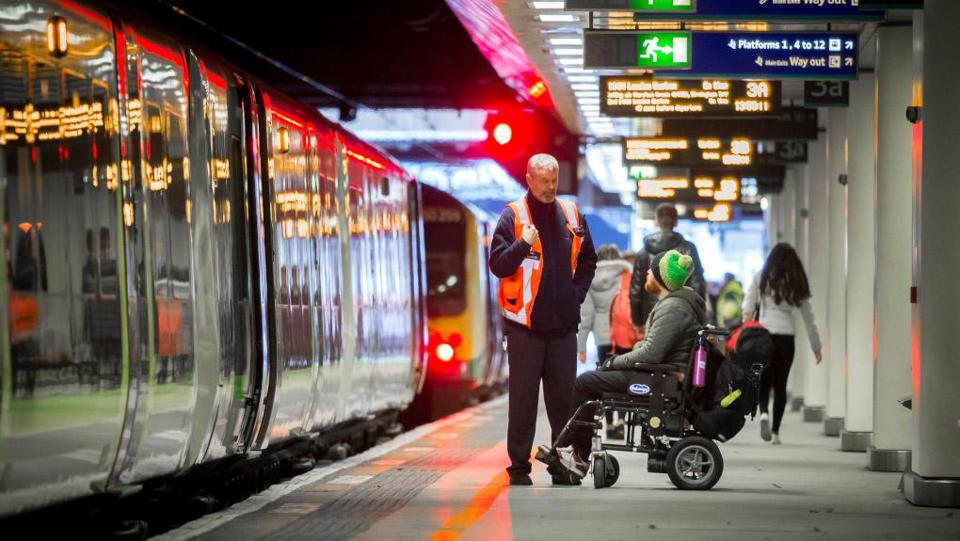

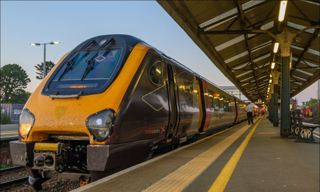
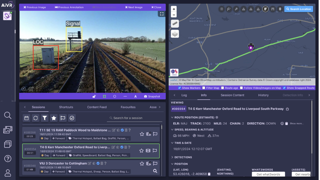
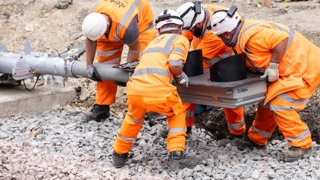
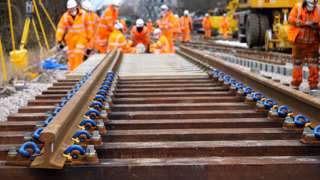










Login to comment
Comments
No comments have been made yet.